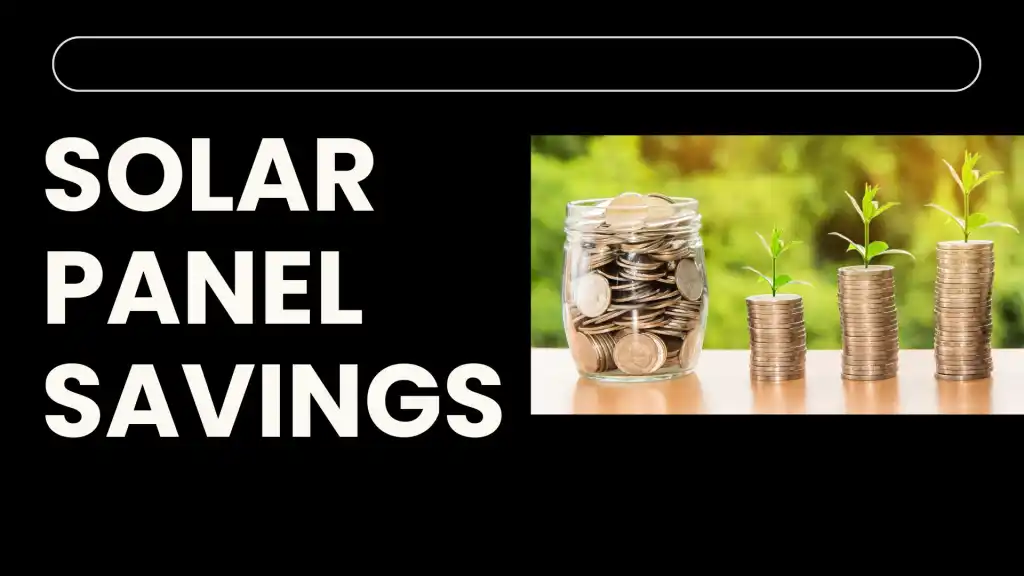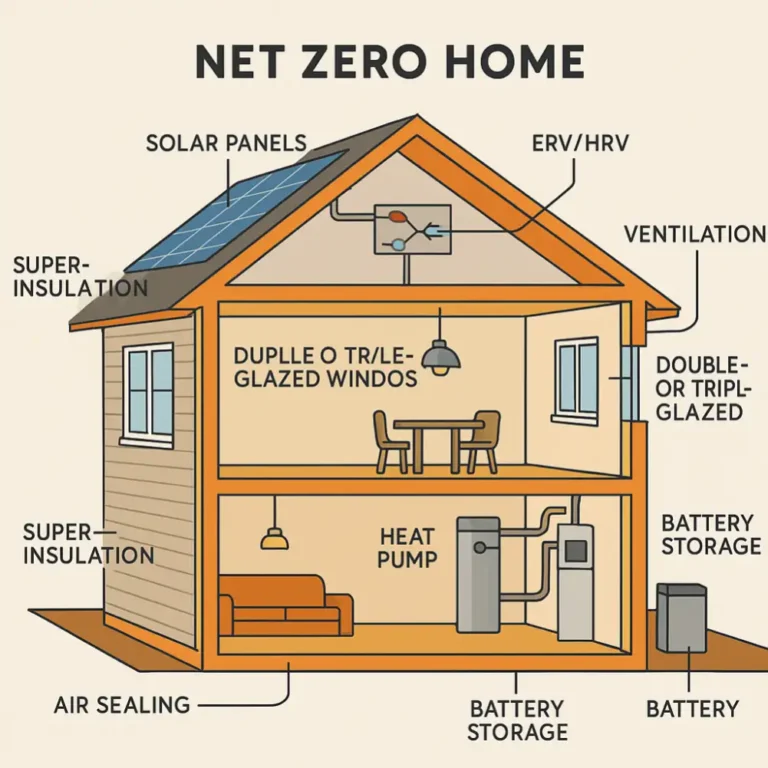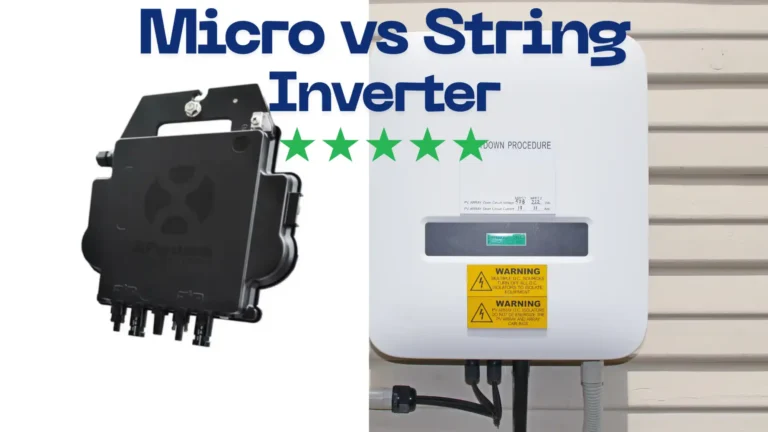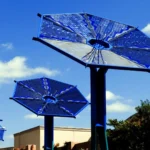Virtual appointments for canadians ONLY!
How Solar Panels Can Save You Thousands on Energy Bills ?


As energy prices continue to rise, more homeowners are turning to solar panels to reduce electricity bills and save money. Solar energy systems harness the power of the sun to generate clean, renewable energy for your home. But how much can you actually save? Let’s dive into the financial benefits of solar panels, real-world examples of savings, and why they’re an excellent long-term investment.
The Basics of Solar Panel Savings

Solar panels work by converting sunlight into electricity, which powers your home. By producing your own energy, you reduce or even eliminate your reliance on traditional utility companies. Here’s how solar panels can save homeowners thousands of dollars:
- Lower Monthly Electricity Bills:
Installing solar panels can cut your electricity bill by 50% to 90%, depending on your energy usage and the size of your solar system. For example, if your average monthly electricity bill is $150, you could save up to $1,800 annually. - Government Incentives and Tax Credits:
The U.S. federal government offers a 30% solar tax credit under the Investment Tax Credit (ITC). Additionally, many states provide rebates and incentives to offset the initial cost of installation. - Energy Independence:
With solar panels, you produce your own electricity and reduce your exposure to rising utility rates. Over 20-25 years, this can save homeowners tens of thousands of dollars. - Net Metering:
Many states have net metering programs where excess energy generated by your solar panels is sent back to the grid, and you receive credits on your utility bill.
Real-Life Savings Examples
Example 1: A Home in California
California has some of the highest electricity rates in the U.S., averaging $0.30 per kilowatt-hour (kWh). If a homeowner installs a 6 kW solar system costing around $18,000, they could save approximately $2,000 annually. Over the system’s 25-year lifespan, that’s $50,000 saved!
Example 2: A Home in Texas
In Texas, where electricity rates are lower (around $0.13 per kWh), a homeowner with a $120 monthly bill could save about $1,440 per year with solar panels. Combined with state incentives, total savings over 25 years could reach $30,000 to $40,000.
Example 3: A Small Household in Florida
Florida homeowners benefit from plenty of sunlight and net metering policies. A family with an average $100 monthly electricity bill could cut costs by 75%, saving about $900 per year. Over two decades, that’s a savings of $18,000.
Factors That Influence Your Savings
- Solar Panel Efficiency: Modern solar panels have higher efficiency rates, meaning you generate more energy with fewer panels.
- Location: Homes in sunny states like Arizona, Nevada, and Florida see higher savings compared to those in cloudier regions.
- Energy Usage: The more electricity you use, the greater the potential savings.
- System Size: A larger solar array generates more electricity, leading to bigger savings.
- Utility Rates: Areas with high electricity costs benefit more from solar energy.
Breaking Down the Investment
While the upfront cost of installing solar panels ranges from $15,000 to $25,000 (before incentives), most systems pay for themselves in 7-10 years. Considering the average lifespan of a solar panel system is 25 years, homeowners enjoy 15-18 years of virtually free energy.
For instance:
- A $20,000 system with a 30% tax credit reduces the cost to $14,000.
- If the system saves $1,800 annually, the payback period is less than 8 years.
Additional Benefits of Solar Panels
- Increased Home Value: Homes with solar panels sell for 4% more on average.
- Eco-Friendly Energy: Solar panels reduce your carbon footprint, making your home greener.
- Low Maintenance Costs: Solar systems require minimal maintenance, ensuring long-term savings.
Is Solar Energy Right for Your Home?
Switching to solar energy is a smart financial decision for most homeowners, especially those in sunny states or areas with high electricity costs. By reducing energy bills, taking advantage of tax credits, and contributing to a cleaner environment, solar panels are a win-win solution.
Start saving thousands on your energy bills today by exploring solar panel options for your home. Whether you’re in California, Texas, or Florida, the financial and environmental benefits of solar power make it one of the best investments for the future.
Would you like a personalized solar savings estimate? Let us know, and we’ll guide you through the process!









[…] 7. Install Solar Panels […]
[…] the world of solar power, the choice between micro inverters and string inverters is a critical decision for homeowners and […]
[…] 9. Embrace Natural Heat […]